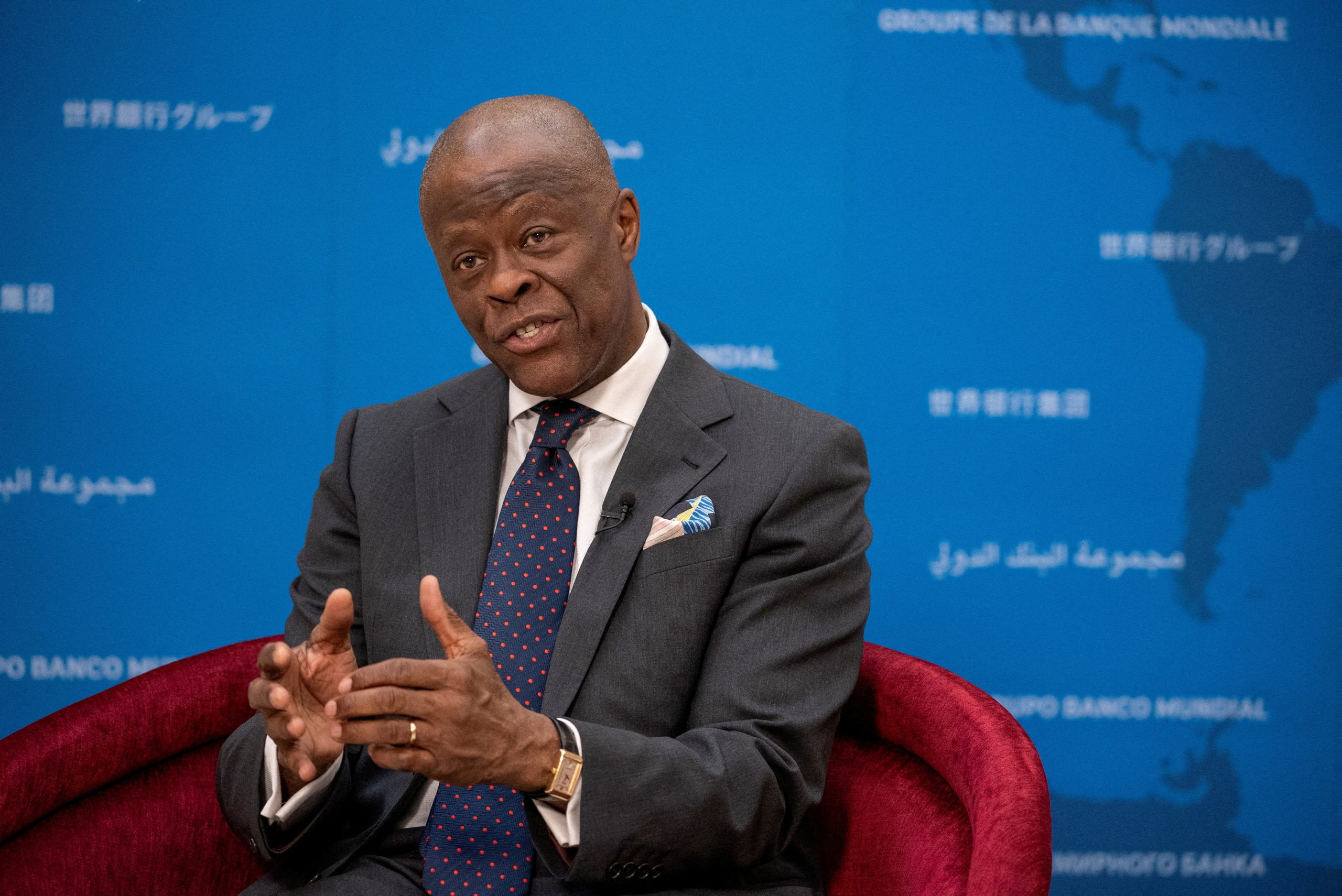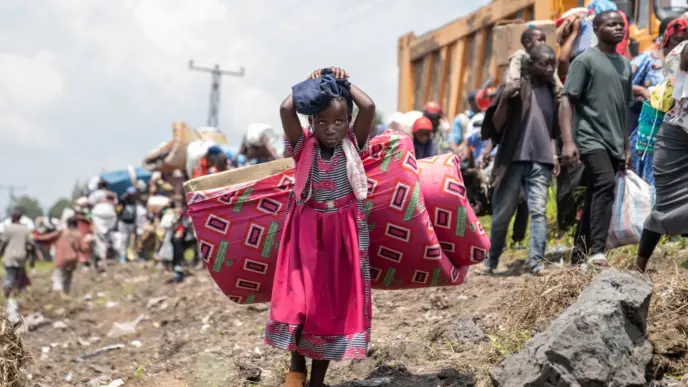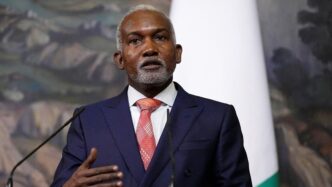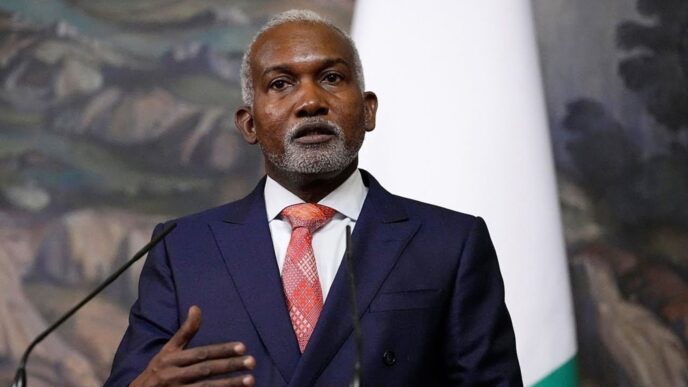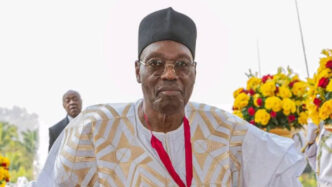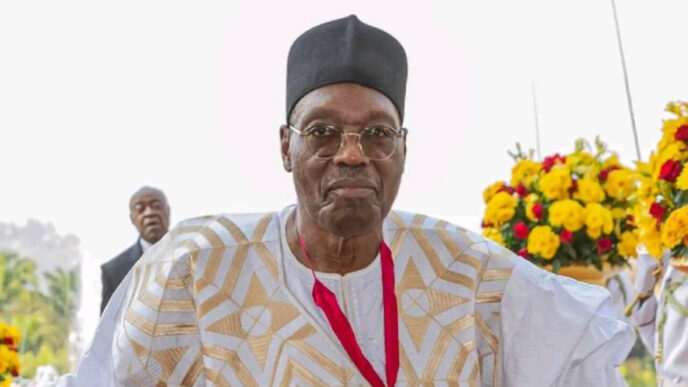Nigeria’s Minister of Finance, Wale Edun, has reaffirmed Africa’s central role in the future global economy, projecting that by 2050, the continent will supply a quarter of the world’s workforce, underscoring the need for strong leadership and inclusive policies to harness that potential.
Speaking at the Oxford Global Think Tank (OGTT) Conference in Abuja on Tuesday, Edun described Africa’s human capital as its “most important resource,” noting that demographic trends place the continent in a position of historic significance.
“Africa, with all its human resources, and of course, that is the most important resource that Africa has now, we are going to be the world’s workforce,” he said. “By 2050 or so, Africa will provide 25% of the world’s workforce. We are the young continent compared to the aging continents of Asia and Europe.”
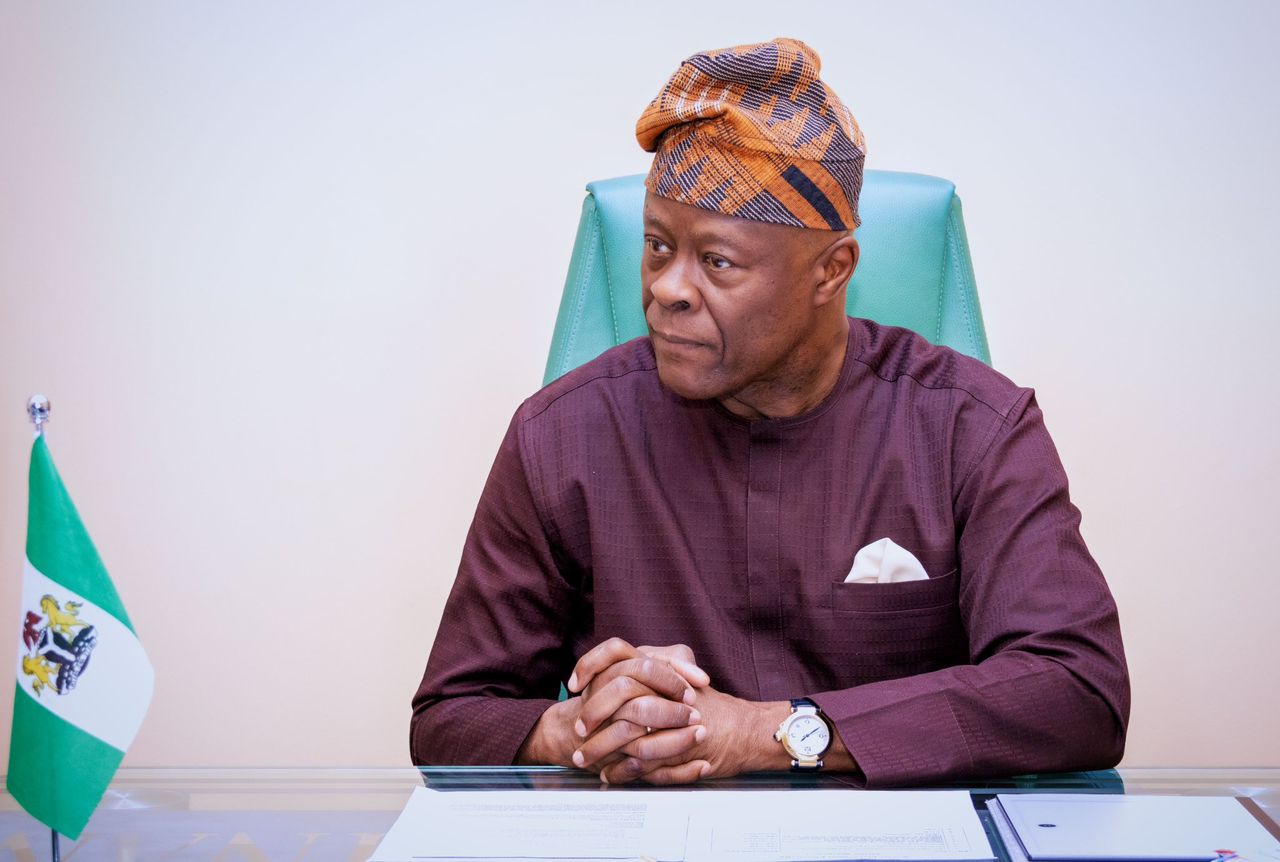
Turning to Nigeria, Edun said the leadership transition in 2023 under President Bola Ahmed Tinubu has begun to produce measurable improvements across key economic indicators.
However, Edun stressed that the human dimension of reform: how economic policy translates into daily life remains the true measure of success.
“The most important aspect is the human side, the effect on people’s daily experience, the cost of food, the cost of transport, how they are living their lives,” he explained.
He pointed to the government’s direct payments program as a key pillar in cushioning citizens from the short-term pains of economic reform. According to Edun, the initiative currently covers 15 million households, providing targeted financial support through digital channels.
Edun also addressed concerns raised by participants about the visibility of the program in rural communities, revealing that the Central Bank had immediately requested and shared data to validate payment records.
“There is accountability, transparency, there is a record,” he said, adding that the government aims to expand the program further to ensure that the benefits of reform reach the most vulnerable.


 Trending
Trending 
